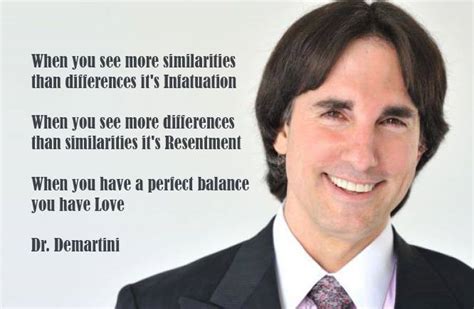A Quote by Epictetus
Lampis the ship owner, on being asked how he acquired his great wealth, replied, My great wealth was acquired with no difficulty, but my small wealth, my first gains, with much labor.
Related Quotes
Man's ignorance of the Law of Love in personal and world relationships will not serve as an excuse to save him from disaster. Wealth cannot be acquired from others by might, for wealth thus taken will impoverish him who takes anything which is not given. Nor can power be thus acquired, for the weakness of the despoiled will prevail against the might of the despoiler.
When you read Marx (or Jesus) this way, you come to see that real wealth is not material wealth and real poverty is not just the lack of food, shelter, and clothing. Real poverty is the belief that the purpose of life is acquiring wealth and owning things. Real wealth is not the possession of property but the recognition that our deepest need, as human beings, is to keep developing our natural and acquired powers to relate to other human beings.
When I became finance minister in 1991, I discovered that the wealth tax rates income - there was taxation on wealth. It was so atrocious and so high that actually nobody could accumulate money in an honest way. I removed that tax, and the result was that Indian companies for the first time acquired an incentive to grow big, to grow rich.
It seems when the madness sets in the mix of wealth and seductiveness, it's never the first generation that acquired the wealth; they had to be quite savvy. That savvy-ness probably meant you were some sort of alpha person. That alpha stuff in the later generations, you still have the intelligence, but it tends to manifest itself in bipolar disorders and inestimable amounts of depression.
If exclusive privileges were not granted, and if the financial system would not tend to concentrate wealth, there would be few great fortunes and no quick wealth. When the means of growing rich is divided between a greater number of citizens, wealth will also be more evenly distributed; extreme poverty and extreme wealth would be also rare.
Anyone, without any great penetration, may distinguish the dispositions consequent on wealth; for its possessors are insolent and overbearing, from being tainted in a certain way by the getting of their wealth. For they are affected as though they possessed every good; since wealth is a sort of standard of the worth of other things; whence every thing seems to be purchasable by it.








































